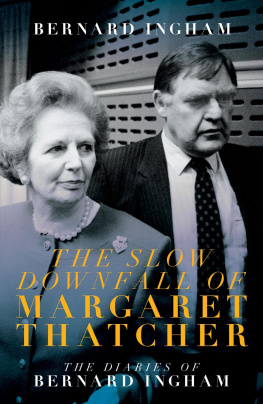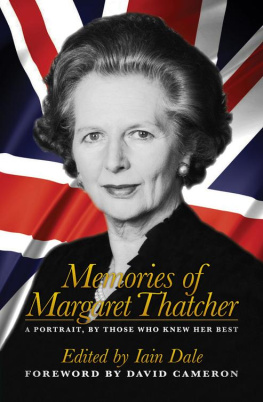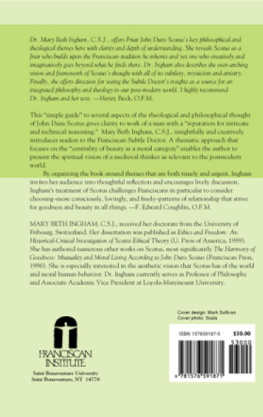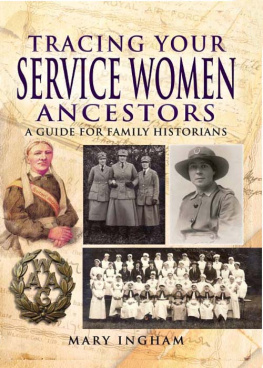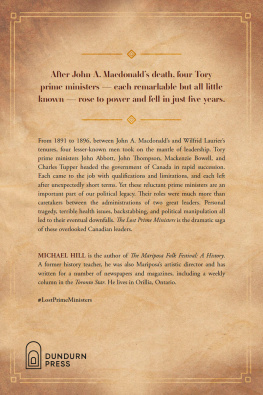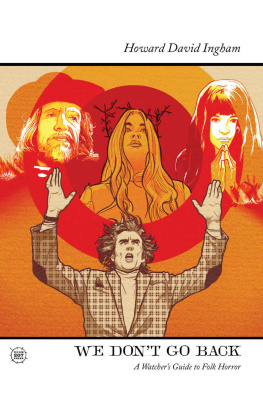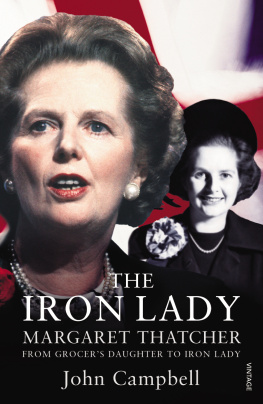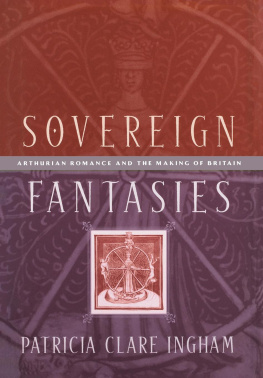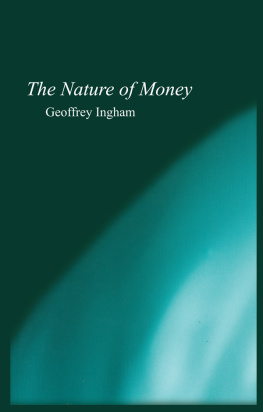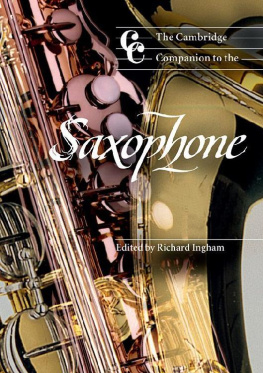A NNE A LLAN : Inghams secretary
B RUCE A NDERSON : assistant editor, Sunday Telegraph
K ENNETH B AKER : Education Secretary until July 1989, then chairman of the Conservative Party and Chancellor of the Duchy of Lancaster
M IKE B ATES : No. 10 press officer
T ONY B EVINS : political editor, The Independent
G EORGE B ULL : former editor and editor-in-chief of The Director magazine; director of the Anglo-Japanese Economic Institute
A LASTAIR B URNET : ITN
S IR R OBIN B UTLER : Cabinet Secretary
P AUL C HANNON : Transport Secretary until July 1989
S ARAH C HARMAN : No. 10 press officer
M ICHAEL C HECKLAND : Director-General, BBC
K ENNETH C LARKE : Health Secretary
D AVID E NGLISH : editor, Daily Mail
P AUL G RAY : economic affairs private secretary to the Prime Minister
G ORDON G REIG : political editor, Daily Mail
E DWARD H EATH : former Conservative Prime Minister
M ICHAEL H ESELTINE : former Defence Secretary
B RIAN H ITCHEN : editor, Daily Star
S IR G EOFFREY H OWE : Foreign Secretary until July 1989, then Deputy Prime Minister, Leader of the House of Commons and Lord President of the Council
D OUGLAS H URD : Home Secretary until October 1989, then Foreign Secretary
P ETER J ENKINS : associate editor, The Independent
S IMON J ENKINS : columnist, then editor of The Times
G EORGE J ONES : political correspondent, Daily Telegraph
M ICHAEL J ONES : political editor, Sunday Times
S IR J OHN J UNOR : columnist, Mail on Sunday, and former long-time editor of the Sunday Express
T REVOR K AVANAGH : political editor, The Sun
T OM K ING : Northern Ireland Secretary until July 1989, then Defence Secretary
N EIL K INNOCK : Leader of the Labour Party, Leader of the Opposition
N IGEL L AWSON : Chancellor of the Exchequer
M ARK L ENNOX -B OYD : parliamentary private secretary to the Prime Minister until July 1990
N ICHOLAS L LOYD : editor, Daily Express
J OHN M AC G REGOR : Agriculture Secretary until July 1989, then Education Secretary
M URDO M ACLEAN : principal private secretary to the Chief Whip
J OHN M AJOR : Chief Secretary to the Treasury until July 1989, Foreign Secretary from July to October 1989, then Chancellor of the Exchequer
C HRIS M ONCRIEFF : political editor, Press Association
P ETER M ORRISON : parliamentary private secretary to the Prime Minister from July 1990
C OLIN M OYNIHAN : Sports minister
B RIAN M ULRONEY : Prime Minister of Canada
A NNE N ASH : head of the Information Officer Management Unit
D AVID N ICHOLAS : editor, ITN
G US OD ONNELL : press secretary to the Chancellor of the Exchequer
C ECIL P ARKINSON : Energy Secretary until July 1989, then Transport Secretary
C HRIS P ATTEN : Minister for Overseas Development until July 1989, then Environment Secretary
T ERRY P ERKS : Inghams deputy
P AUL P OTTS : deputy editor, Daily Express
C HARLES P OWELL : foreign affairs private secretary to the Prime Minister
C HARLES R EISS : political editor, Evening Standard
T IM R ENTON : Chief Whip from July 1989
N ICHOLAS R IDLEY : Environment Secretary until July 1989, then Trade and Industry Secretary
M ALCOLM R IFKIND : Scottish Secretary
G EORGE R USSELL : chairman, Independent Broadcasting Authority
T ONY S MITH : political editor, Sunday Express
N ORMAN T EBBIT : former Cabinet minister and chairman of the Conservative Party
A NDREW T URNBULL : principal private secretary to the Prime Minister
D AVID W ADDINGTON : Chief Whip until July 1989; Home Secretary from October 1989
J OHN W AKEHAM : Lord President of the Council until July 1989, then Energy Secretary
P ETER W ALKER : Welsh Secretary until May 1990 (having announced his intention to resign in March)
S IR A LAN W ALTERS : chief economic adviser to the Prime Minister until October 1989
S IMON W ALTERS : political correspondent, The Sun
(L ORD ) W ILLIAM W HITELAW : former Deputy Leader of the Conservative Party and de facto Deputy Prime Minister
N IGEL W ICKS : former principal private secretary to the Prime Minister
P EREGRINE W ORSTHORNE : editor, Sunday Telegraph
BMDF: British Management Data Foundation
BNFL: British Nuclear Fuels Ltd
CEGB: Central Electricity Generating Board
CHoGM: Commonwealth Heads of Government Meeting
COI: Central Office of Information
CPS: chief press secretary
CSCE: Commission on Security and Cooperation in Europe
DSS: Department of Social Security
EMS: European Monetary System
ERM: Exchange Rate Mechanism
FCO: Foreign and Commonwealth Office
FPA: Foreign Press Association
GATT: General Agreement on Tariffs and Trade
GIS: Government Information Service
IBA: Independent Broadcasting Authority
IOMU: Information Officer Management Unit
MAFF: Ministry of Agriculture, Fisheries and Food
MIO: Meeting of Information Officers
NASUWT: National Association of Schoolmasters Union of Women Teachers
NCB: National Coal Board
NUM: National Union of Mineworkers
NUT: National Union of Teachers
NPF: Newspaper Press Fund
PQ: Parliamentary Question
SNF: short-range nuclear forces
T his book began to take shape after Charles Moore, Margaret Thatchers authorised biographer, approached me in August 2017 for memories of her tenth anniversary in No. 10, which we celebrated in May 1989. At the age of eighty-five I needed to refresh my almost non-existent memory of this remarkable event, so I turned to notes I had kept at the time. These were not so much a diary as a record of my working day and what I, as the Prime Ministers chief press secretary, had to do. I began to see them as a historical document.
In fact, I kept notes daily from 1983, starting with Mrs Thatchers visit to the Falklands six months after the recovery of the islands. I have resolved that if I survive the task of publishing this book, I shall transcribe them to provide a day-to-day record of the last eight years of her eleven-year tenure. This is always assuming I can read my handwriting, which often suffered at the end of a long day in No. 10.
The material is organised on a monthly basis i.e. twenty-four chapters broken down into weeks and then into a day-by-day insight into life in Mrs Thatchers administrations. I have retailed sufficient record of home life to give you some idea of the life I led and have chosen to preserve the present tense of my notes to give the account greater immediacy.
To keep the text within reasonable compass, I should explain that invariably each weekday I got up at 6 a.m., drove into the office at 6.30, parking on Horse Guards Parade, and then started summarising the newspapers for the Prime Ministers more or less daily business meeting at 9 a.m. My secretary came in at 8 a.m. to type the three to four pages and produce half a dozen photocopies within the hour.
In the course of a normal working week, I or my deputy gave daily briefings to the lobby political correspondents at 11 a.m. and 4 p.m.; the Foreign Press Association (FPA) on Mondays; a European group on Tuesdays; the Association of American Correspondents just before lunch on Wednesdays; a group of UK provincial lobby journalists on Thursdays; and the Sunday lobby correspondents on Fridays. I also presided over a weekly meeting at 5 p.m. on Mondays of departmental heads of information, known as Meeting of Information Officers (MIO), to review the week gone by and prepare for the one ahead. Most weekdays I also had a lunch, generally with a journalist, and probably a dinner or an official reception. I tried to get home before the 9 p.m. BBC news and to bed by 11 p.m. unless I was at a dinner, a crisis was running or one of the first editions of the press contained an exclusive that left others catching up.

